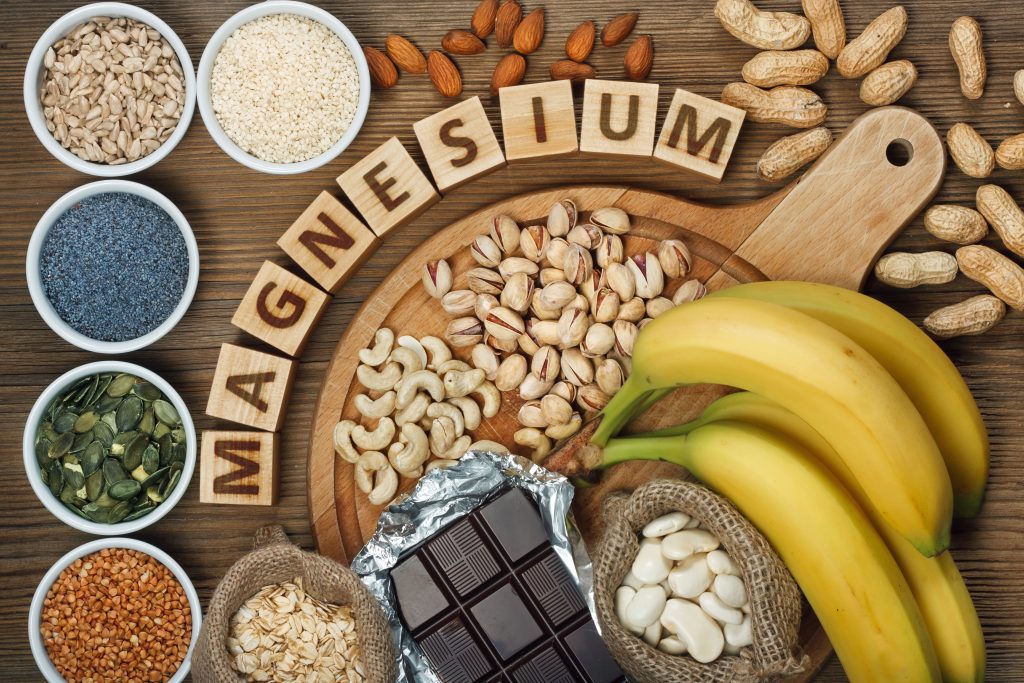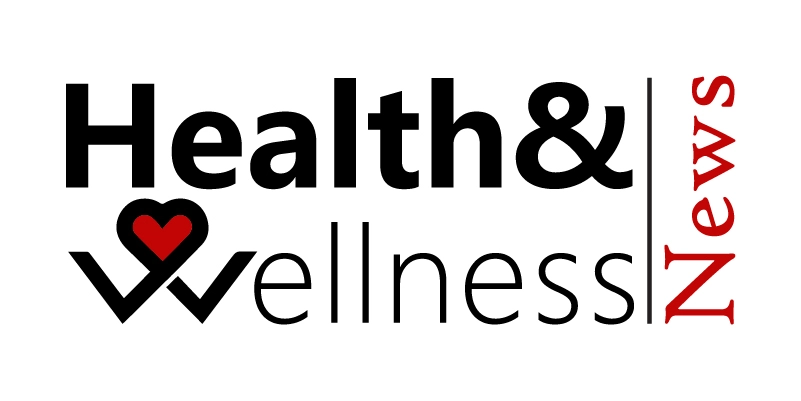Healthy Foods To Help Reduce Stress And Anxiety Levels
Stress levels are regulated by the hormone cortisol, commonly known as the stress hormone. High cortisol levels may speed up your aging process while messing your blood pressure, blood sugar, and breakdown of fats, carbohydrates, and proteins if left unchecked. This piece highlights foods that can help you maintain healthy cortisol before, during, and after physical stress.
Foods that Reduce Stress, and Anxiety Levels
Improve your dietary intake to contain more stress-relieving foods falling in these categories.

Foods rich in Omega-3 fatty acid
The omega-3 fatty acid is best for reducing inflammation and reducing stress hormone levels. Include more fatty fish, avocados, anchovies, flax seeds, chia seeds, walnuts, tuna, sardines, salmon, oysters, olive oil, mackerel, and herring to maintain healthy cortisol levels.
Food rich in Vitamin B
Foods rich in vitamin B include select animal products and fortified whole grains. It would be best to eat more organ meats, nutritional yeast, fortified cereal, eggs, chicken, and beef for lower cortisol levels.
Protein-rich foods
If you increase protein intake, the body enjoys benefits like healthy blood sugar levels. For protein-rich foods, consider shrimps, salmon, tuna, turkey breast, quinoa, peanuts, lentils, lean beef, eggs, chicken breast, almonds, beans, and other legumes in your dietary choices.
Magnesium-rich foods
Magnesium is an ideal ingredient that helps you reduce cortisol levels, reduce inflammation, and improve metabolism. Foods rich in magnesium are pumpkin seeds, spinach, dark chocolate, broccoli, bananas, and avocados.

Gut healthy foods
Dietary choices double up as the major determinant of your general health. Eating right improves your immunity and resilience to blood sugar-related complications. Introduce fermented and probiotic-rich foods like sauerkraut, kombucha, kimchi, kefir, and Greek yogurt.
Foods That You Should Avoid
For the best experience, one should refrain from food improving stress levels. You should refrain from caffeine, alcohol, high sugar foods, soda, and simple carbs (pastries and cakes).
Understanding that your de-stressing journey occurs spontaneously helps you avoid disappointments and temptations to steer off your set path. Besides dietary changes, you should make lifestyle changes like getting enough sleep, exercising more, and making better decisions.
